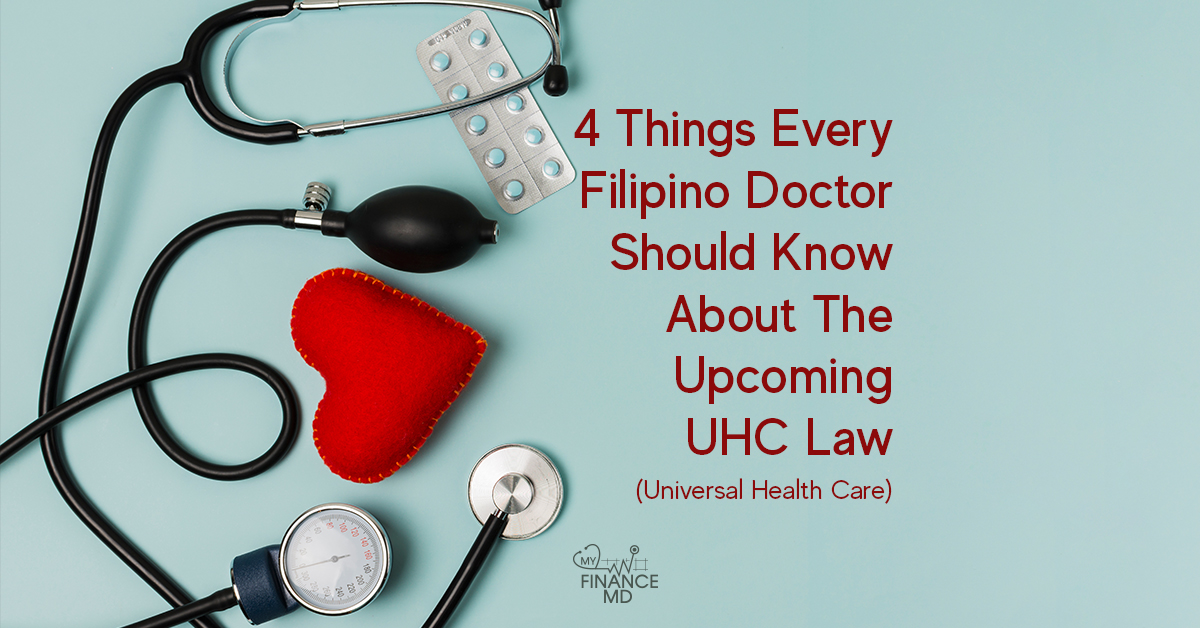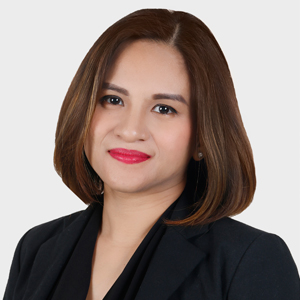
Last May 8, 2019, I attended a Universal Health Care Law briefing in an event in Cavite Medical Society presented by Dr. Oscar D. Tinio, the present chair of the PMA Commission on Legislation.
- He revealed that there were numerous meetings in the senate in the creation of this Universal Health Care Law. PMA (Philippine Medical Association) took part and attended all the sessions.
These are the current important dates:
- October 10, 2018 – The UHC Bill was certified by the President of the Philippines for its immediate enactment. (Referring to SB 1896)
- October 9 and 10, 2018 – SB No. 1896 otherwise known as the “Universal Health Care Act” was approved by the Senate on its 2nd and 3rd readings, respectively.
- February 20, 2019 – R.A. 11223, “The Universal Health Care Act” was signed into law by President Rodrigo Roa Duterte. The law has 11 chapters and 48 sections.
- From then on DOH has been having round table discussions for the creation of the Implementing Rules and Regulations (IRR). They were given 180 days to finish.
These are the 4 Important Points to consider:
1. Every Filipino to a Primary Care Provider
- The UHC is a health care model that provides EVERY FILIPINO access to a comprehensive set of cost effective, and quality promotive, preventive, curative, rehabilative and palliative health services without causing financial hardship, prioritizing needs of the population who cannot afford such services.
- Salient Provisions: The DOH and Local Government Units (LGUs) shall endeavour to provide a health care delivery system that will afford EVERY FILIPINO A PRIMARY CARE PROVIDER that would act as the navigator, coordinator, and initial and continuing point of contact in the health care delivery system.
My Comment on this:
- Basically, the law is saying, EVERY FILIPINO shall need to register with a private or primary care provider of choice.
- If we do the math here, statistically, the population right now is about 104 Million Filipinos. The total number of Physicians in the Philippines is about 140,000. Only 88,000 of them are actively renewing their licenses as Physicians in the Philippines. Not all of those renewing their licenses are practicing clinically. There are some physicians in the health regulations (DOH), business, housewives and others are even OFW doctors. So we are probably looking only at 60K- 80K practicing Filipino doctors.
104M Filipinos vs 60,000 – 80,000 Doctors?
- We also need to consider that from those practicing physicians, most of them were already specialist doctors who do not see primary health cases anymore. Like, an Ophthalmologist who may not want to see a person with chief complaint of Cough and Colds.
- If the entire population will be depending only to GPs (General Practitioners) and Family Physicians, there may not be enough doctors for everyone.
- The specialist doctors also raise their concerns on how will be the referral system since if the UHC will be enforced; people cannot go directly to these specialists but should be referred by the Primary Care Provider of the patient.
- Another concern here are the GIDA (Geographically Isolated and Depressed Areas), I am referring to hard to reach places that no physician practices. How can we register them all to a Primary Care Provider if there are no Physician in the area? Who will be considered Primary Health care physician in these areas?
2. Every member as long as you are a Filipino shall be granted immediate eligibility.
- PhilHealth Identification Card shall not be required in availment of any health service as long as you are a Filipino. No need for PhilHealth ID.
- Private hospitals will be required a number of hospital beds (10%) to be allotted to PhilHealth members which will be given basic accommodation and “no balanced billing policy.”
My Comment on this:
- If this will be followed and sustained, then this is something good for all. But for me a National ID system is a great complement and useful for this, just to provide the identification of the patient for better statistics and monitoring.
3. Within 2 years from the effectivity of this Act, PhilHealth shall implement a comprehensive outpatient benefit, including outpatient drug benefit and emergency medical services in accordance to Health Technology Assessment Council (HTAC)
- A core committee will be formed called the HTAC, this committee will essentially dictate the outcome of the practice of medicine in our country.
- The HTAC core committee shall be composed of nine (9) voting members, namely:
- A public health epidemiologist;
- A health economist;
- An ethicist;
- A citizen’s representative;
- A sociologist;
- An anthropologist;
- A clinical trial or research methods expert;
- A medico-legal expert and a
- Public health expert
My Comment on this:
- What is noticeable in this HTAC is, in spite of the gravity of the decisions this committee is going to make, there no clinician or medical specialist included in the said committee. Since this group shall dictate the future of the practice of medicine, I do hope they will include a practicing medical doctor here.
4. The income derived from PhilHealth Payments shall accrue to the SPECIAL HEALTH FUND to be allocated by the LGU health systems.
- There would be provincial and city health boards that shall manage the Special Health fund.
My Comment on this:
- As a former doctor to the barrio who occupied the position of Municipal Health Officer of a province. I hope this Special Health fund will really be allotted for health only. There are many MHOs I know that complains that, if the Mayor or the Governor does not prioritize health, the “health fund” goes to some project elsewhere. I hope this “Special Health Fund” will have certain monitoring and corruption-proof allocation system that makes sure the fund goes to where it’s supposed to go.
As of the moment, these are the juiciest part of the “Universal Health Care Law” every Filipino, especially every Filipino doctor should know because the IRR (Implementing Rules and Regulations) are still being crafted as of the moment, there is a chance for everyone who wants to challenge, rebut or help in crafting the IRR.
If you want to help out, there are public consultations being done around the Philippines in crafting the IRR of this law.
My advice to you, read R.A. 11223, “The Universal Health Care Act,” then help out. You can either join a UHC session for IRR, or create a position letter, coordinate it directly to DOH or better yet, pass it to your medical society, they will in turn pass it for you.
This is your chance, once the IRR is crafted and passed, the only way to change things from then on is to “Amend the Law” which would take a lot of work and time.
This is your chance. Take it now.
For your Financial Health,

READ MORE:
- 7 Things You Need To Know About The Coming Estate Tax Amnesty. This will make you cry…
- How To File and Pay Your Annual Income Tax Using BIR Form 1701A Under 8% ITR with 2307
- Your Scarcity Mindset is Keeping you Poor in Spite of Hardwork
Latest posts by Pinky De Leon-Intal, MD, RFC (see all)
- Say Goodbye to Chronic Lifestyle Diseases (Hypertension, Diabetes, Cancer, Gout, etc.) with Right Food and Right Water - 23 May, 2023
- Embracing Superpowers: A Mom’s Journey as a Doctor, Professor, and Financial Consultant - 19 May, 2023
- Celebrating the Power of Women: Honored by Philippine Daily Inquirer - 17 May, 2023

